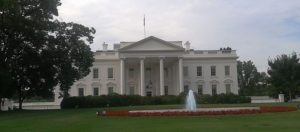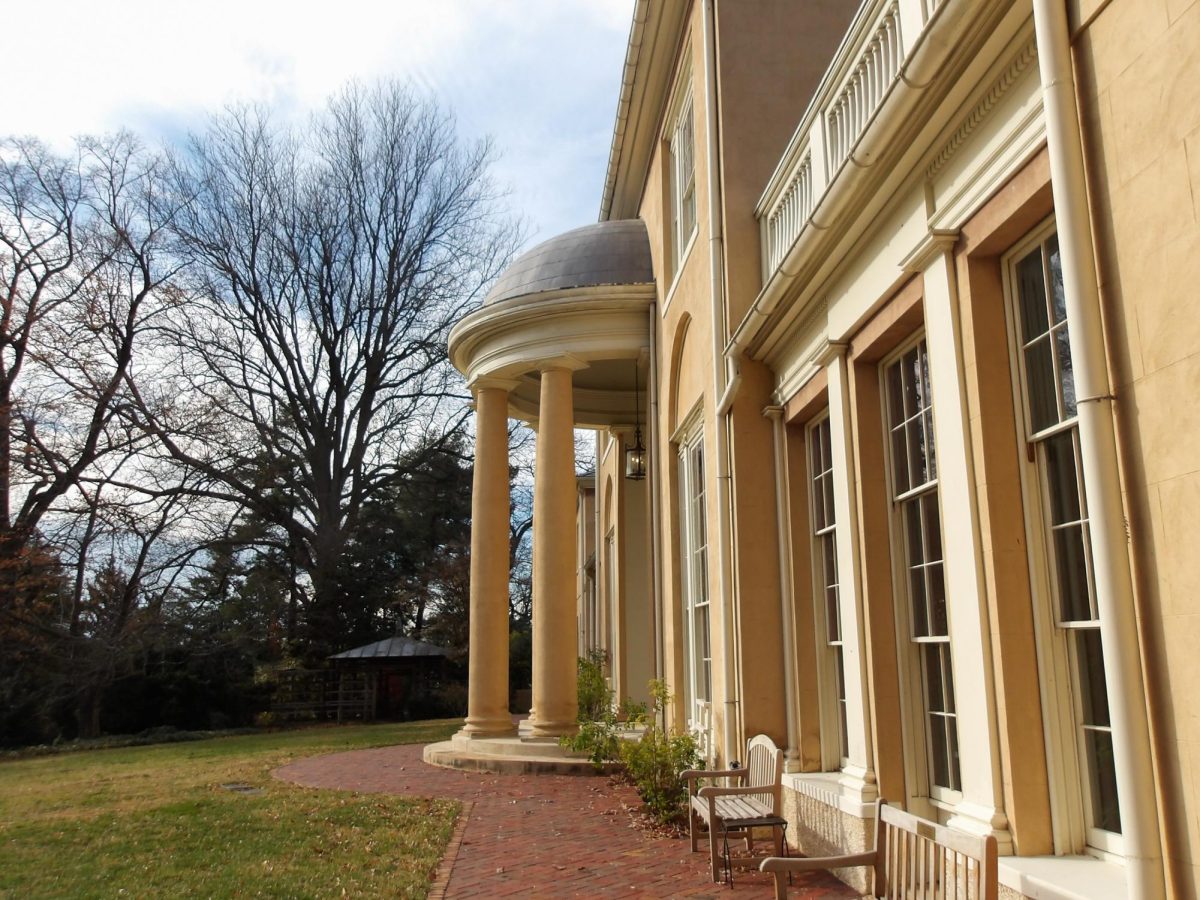This post was written by assistant culture editor Olivia Kantor.

When junior Megan Shah earned an internship at the White House, she knew she would soon be roaming the same hallways a top government officials. But nothing could have prepared her for her first run-in with Vice President Joe Biden.
“I nearly stopped in my tracks,” she said.
The fast-paced White House experience – the Narnia of D.C. internships – is shared by four other GW students this spring.
While plenty of students intern on the Hill, snagging a White House internship isn’t as simple as sending an email to your representative’s intern coordinator. In fact, the process is more akin to a college application, with essays and recommendations as major components.
But the application could be the easiest part of the process, as the packed and unpredictable workload only increases once an intern is accepted. To graduate student Moshtayeen Ahmad, the demanding environment can both inspire and stress.
“If you’ve previously had another internship at a federal agency, which from my own experiences have been pretty substantive and amazing internships, multiply the stress level of that internship by two or three,” Ahmad said in an email interview because the White House does not allow interns to conduct interviews on the phone or in person.
Because this schedule can easily become overwhelming, interns need to work well under pressure – and prove it if they’re going to nab the gig.
To manage the serious time commitment the internship requires, with the minimum time commitment 9 a.m. to 6 p.m. Monday through Friday, some students graduated early to begin their internships, while others opted to take night classes or applied for continuous enrollment status.
“I try my best to still meet up with friends during the week, but it is difficult, because once you finish work you really don’t want to do anything but go to bed,” said Remi Anne Yamamoto, a 2013 alumni who serves as a communications intern. “That being said, I really make an effort on the weekends. All and all though, it is manageable to maintain your social life, but it will require some adjustments.”
Yamamoto starts her day collecting morning press clips and monitoring White House communications. In exchange for little sleep and early mornings, her internship provides her the chance to develop skills in the high stakes world of political communication.
The internships don’t guarantee a job in the West Wing or provide a shortcut to political power. But for students who are passionate about politics, policy and public service, it’s chance to learn what it takes.
“My job is pretty demanding because I’m expected to execute tasks on the fly, quickly, and most importantly, correctly. It’s a lot of work and it’s long hours, but I love every second I’m here,” Yamamoto said.




